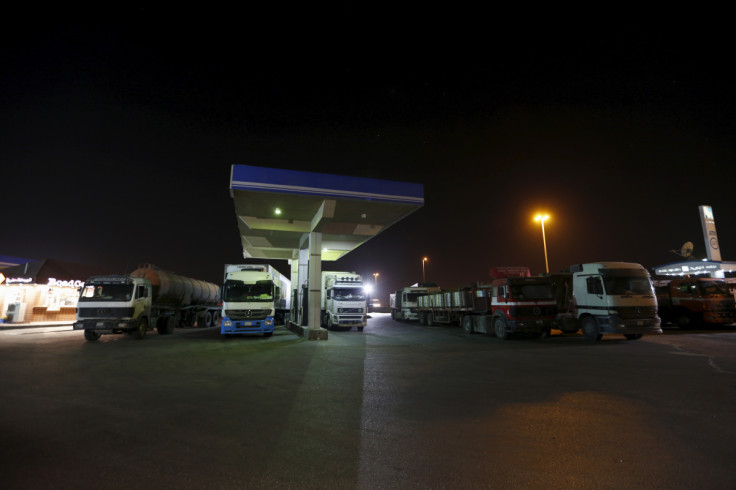Weak Oil Demand To Lower GCC Economic Growth In 2023: Reuters Poll

Economic growth in the six-member Gulf Cooperation Council will remain strong but slow significantly next year as high oil prices hurt demand for the commodity, a Reuters poll showed.
Crude prices, a key catalyst for Gulf economies, have fallen more than 30% from a near 14-year high of $139 in March as global recession fears and weak demand, especially in China, outweighed support from a large cut to the OPEC+ supply target.
China, the world's largest crude oil importer, has been fighting COVID-19 flare-ups and stuck to a zero-COVID-19 policy that is weighing heavily on economic activity and global oil demand.
China is a major revenue source for the region and the Oct. 10-19 Reuters poll showed overall growth in the six economies comprising the Gulf Cooperation Council (GCC) would slow to 4.2% next year compared with 6.6% in 2022.
"GCC countries have benefitted from sharply higher oil prices, turning budget deficits into surpluses, and increased oil production which has bumped up GDP growth. However, the outlook for 2023 is more challenging, given the strength of the U.S. dollar," noted Khatija Haque, head of research and chief economist at Emirates NBD.
"There is some downside risk to our 2023 growth forecast if OPEC+ intervenes to reduce output in the face of weakening oil demand next year, and as higher borrowing costs could weigh on consumption."
Saudi Arabia, the region's largest economy and world-leading exporter of crude oil, and Kuwait were both expected to grow 3.5% in 2023, down from this year's respective 8.1% and 7.6% forecasts.
Among other GCC economies, growth was expected to drop next year in the United Arab Emirates, Qatar and Oman, while in Bahrain growth was forecast to slow to 3.0% compared with 3.4% this year.
The boon for these economies is low inflation as prices of consumer goods are controlled by government subsidies and price caps at a time when other developed economies are facing multi-decade high price increases.
Inflation was expected to dip in all GCC economies next year. Qatar, Kuwait and UAE were expected to experience slightly higher inflation compared to other members at near 3% next year, still down from over 4% in 2022.
"The low level of Saudi price inflation is largely due to the decision to keep the fuel price in Saudi Arabia at the July 2021-level; this was not the case in the UAE and Qatar," said Ralf Wiegert of S&P Global Market Intelligence.
"Aggressive rate hikes by the U.S. Fed will further disadvantage the Gulf countries' external competitiveness as their currencies are tied to the USD."
As other economies reduce their reliance on oil Gulf countries are diversifying their revenue streams. Analysts say even though oil GDP may decline next year non-oil growth could perform at the same level or better.
"A common feature is the emphasis on tourism, which features prominently in the UAE. Saudi tourism plans are particularly impressive," said Wiegert.
"Those plans will support the Gulf monarchies transition to a less-carbon intensive economic structure, but only up to a point. That process and the windfall revenues from oil, which is used to finance it, is driving non-oil growth to a significant extent in the next two to three years."
(Reporting and polling by Anant Chandak; Editing by Jonathan Cable and Chizu Nomiyama)
© Copyright Thomson Reuters 2025. All rights reserved.




















